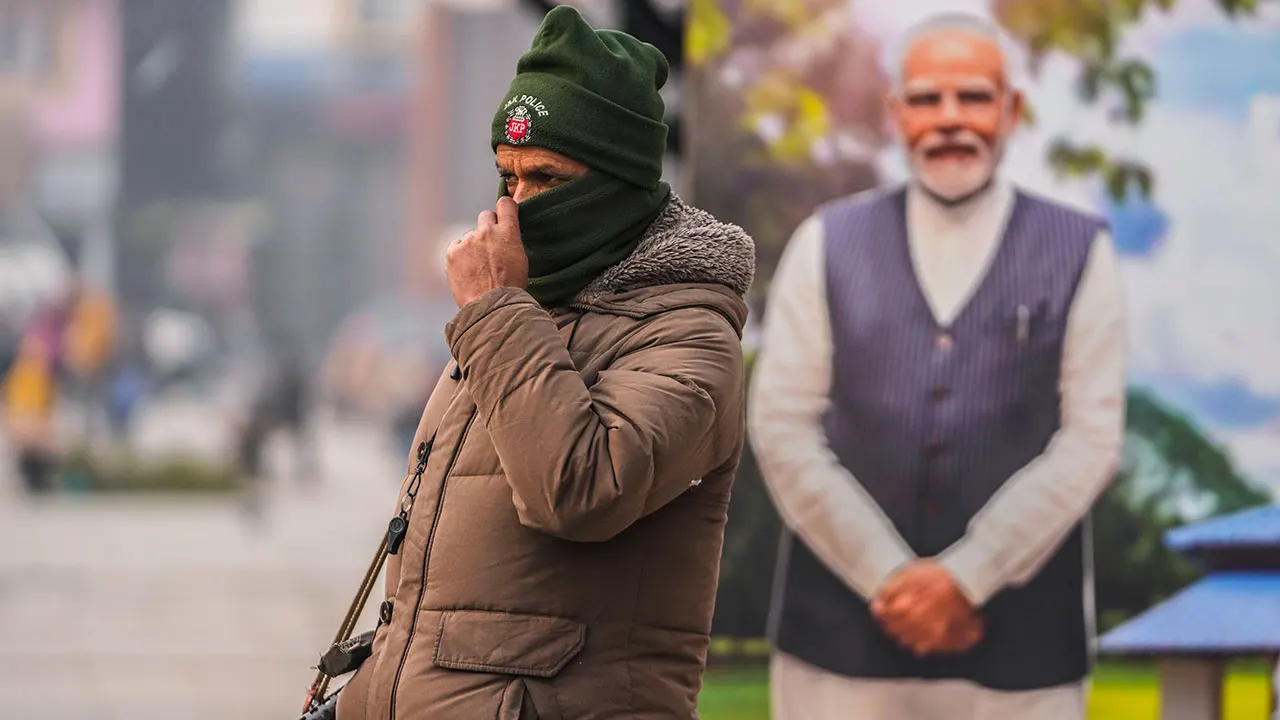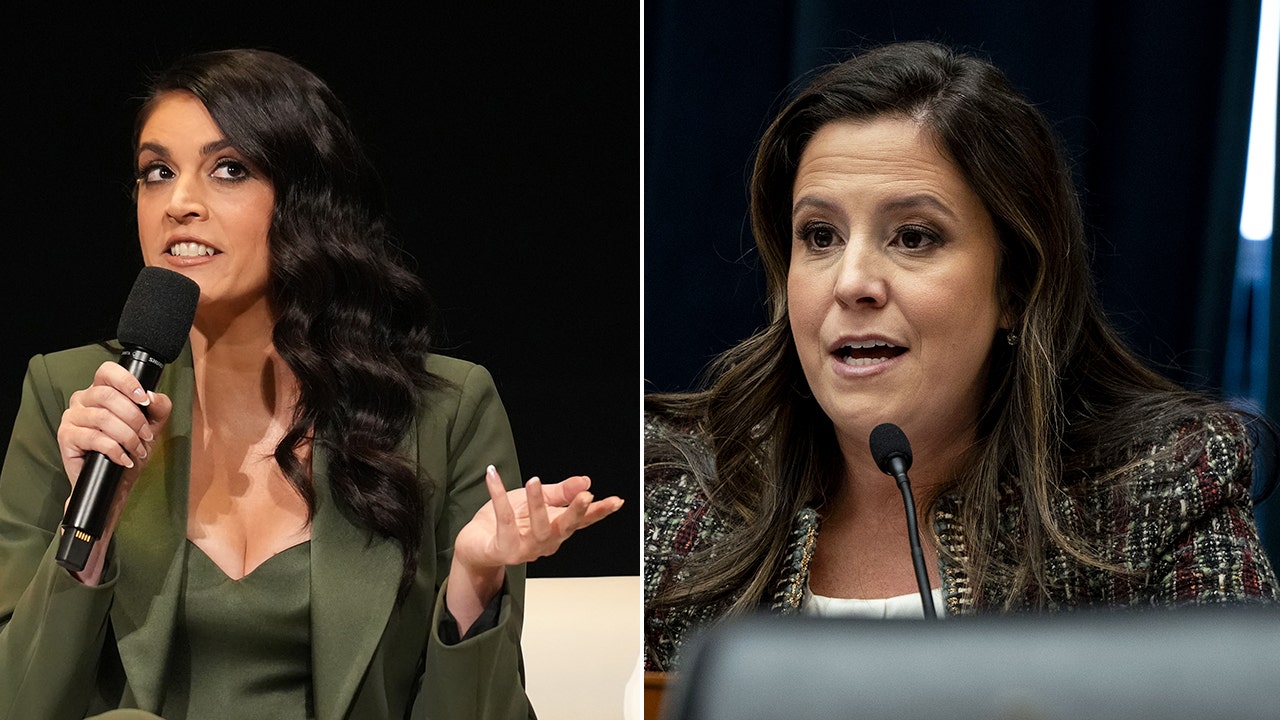Attorney General Pam Bondi on Friday said that federal authorities may once again seek reporters’ phone records and compel their testimony in leak investigations, reversing a Biden administration policy meant to protect journalism from intrusive efforts to identify and prosecute leakers.
An internal Justice Department memo from Ms. Bondi said that the change was necessary to safeguard “classified, privileged and other sensitive information” — a far broader set of government secrets than is protected by the criminal code, which focuses primarily on making it illegal to share classified information.
From his first days in the White House in 2017, President Trump has complained bitterly about leaks of all kinds. Mr. Trump himself faced criminal indictment for allegedly mishandling classified information after he left the White House, in a case that was ultimately dismissed.
Given Mr. Trump’s confrontational approach to the press, First Amendment advocates have long expected his administration to rescind Biden-era protections for journalists. But the vague phrasing of the new memo at times appeared to call for more than simply restoring past policy.
The Bondi memo said federal prosecutors “will continue to employ procedural protections to limit the use of compulsory legal process to obtain information from or records of members of the news media.” In the past, such protections have included requiring senior-level Justice Department approvals before seeking court orders for such information. The memo did not describe the protections.
The Justice Department, Ms. Bondi wrote, “will not tolerate unauthorized disclosures that undermine President Trump’s policies, victimize government agencies, and cause harm to the American people.” Even if the Trump administration were to pursue leak investigations beyond the traditional ambit of classified information in order to get a warrant, prosecutors would still have to convince judges that a crime might have been committed.
Bruce D. Brown, the president of the advocacy group Reporters Committee for Freedom of the Press, said that some of the most important reporting in U.S. history had come from reporters using confidential sources.
“Strong protections for journalists serve the American public by safeguarding the free flow of information,” he said.
The Justice Department has typically shied away from prosecuting journalists for merely possessing classified information. When prosecutors have sought reporters’ data, it has nearly always been part of an effort to identify and prosecute the person who gave the reporters the information. But the main criminal statute that governs such cases dates back to World War I, and is broadly worded.
The Bondi memo says that Justice Department officials, when deciding whether to use court orders aimed at journalists, will consider whether there are “reasonable grounds to believe that a crime has occurred and the information sought is essential to a successful prosecution,” and whether prosecutors have made all other reasonable attempts to get the information.
Prosecutors must also consider whether “absent a threat to national security, the integrity of the investigation or bodily harm,” the government has pursued negotiations with the journalist in question.















